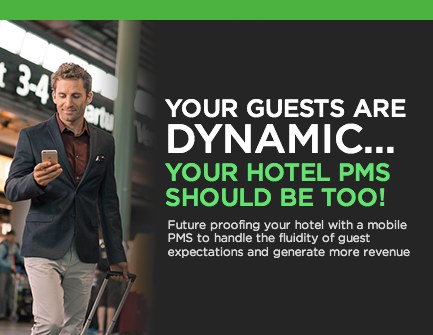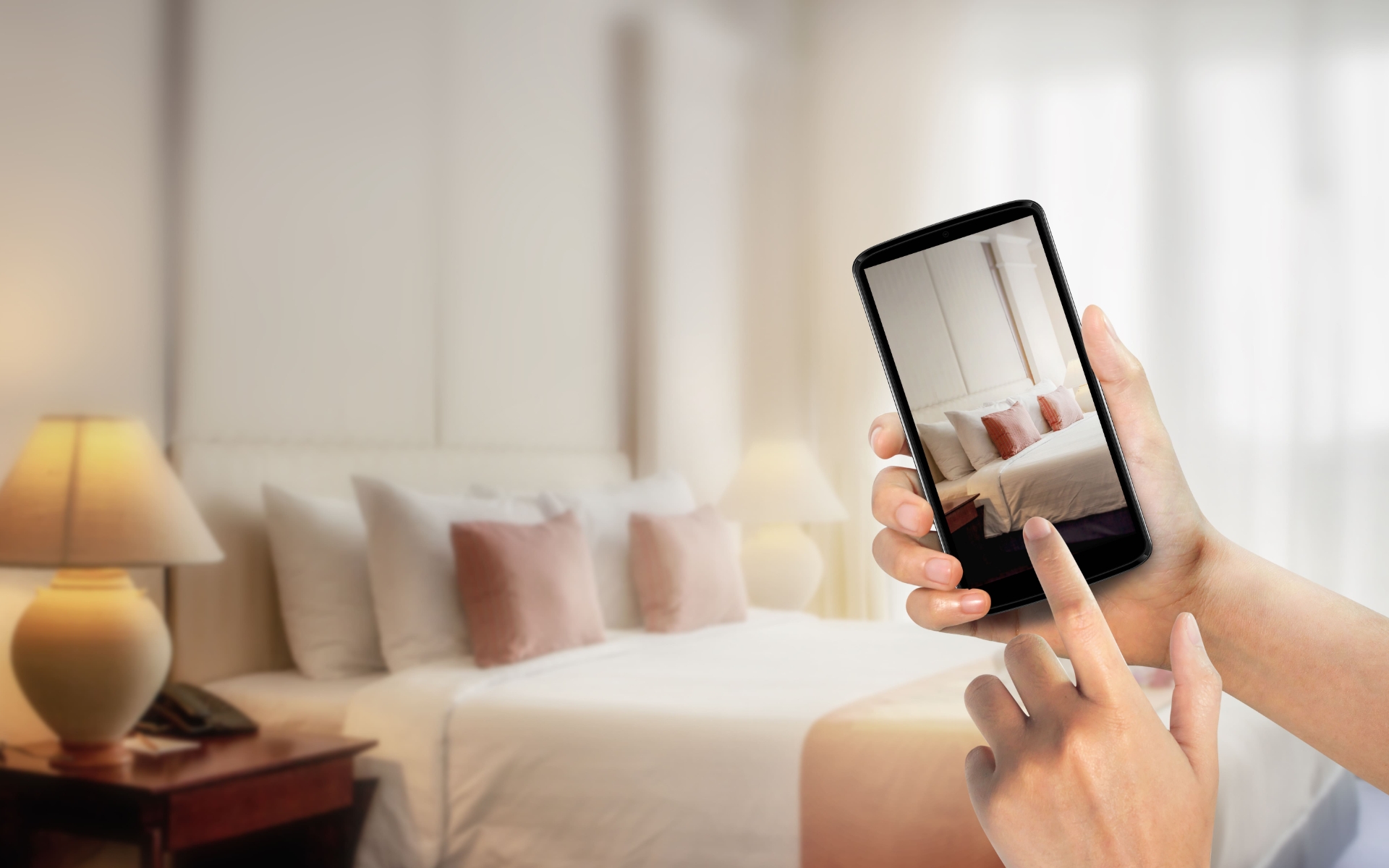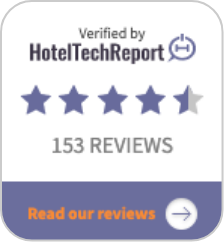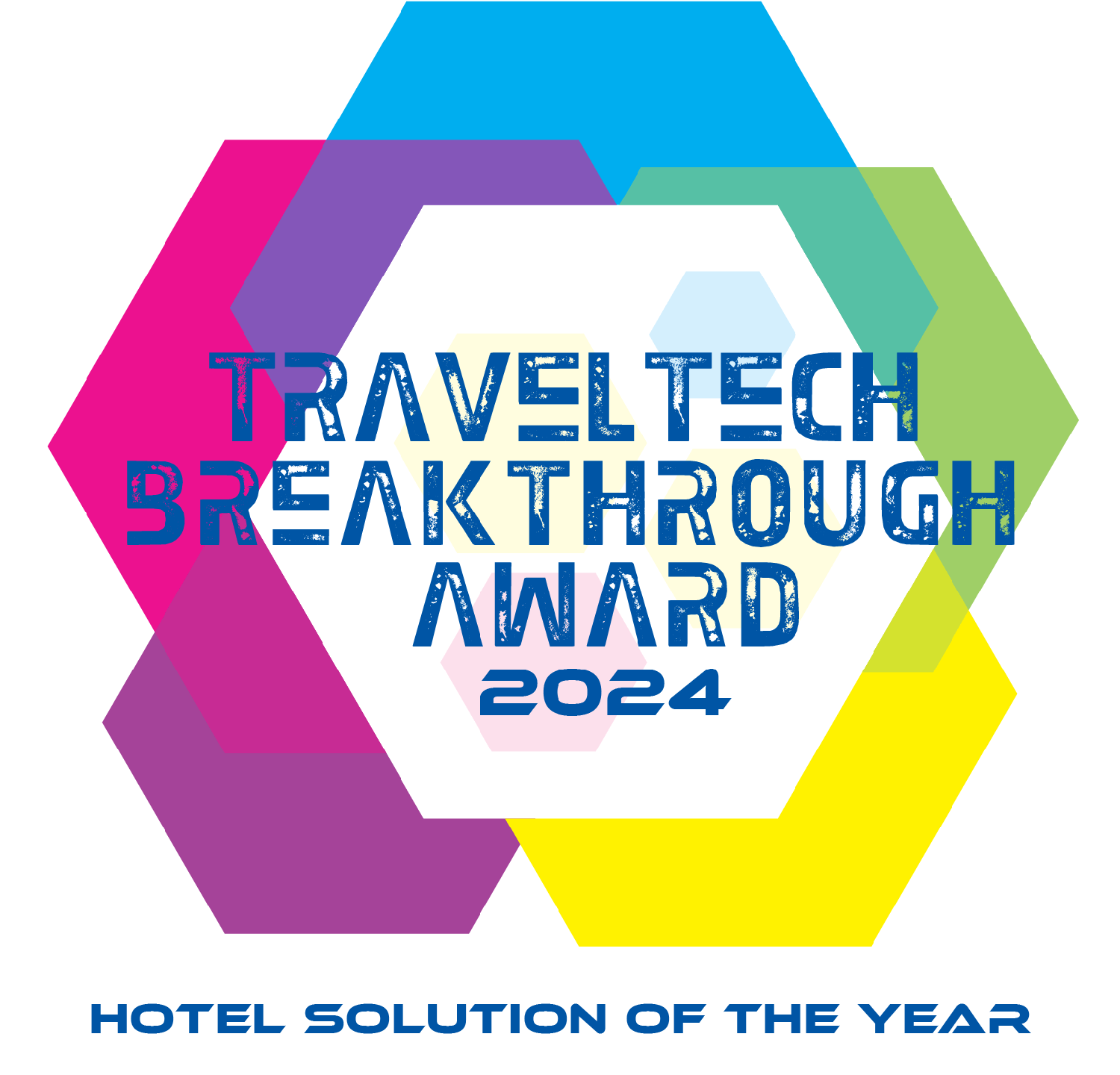When a hotel shops for a new hotel management software there is typically a single trigger that starts the process. It might be a simple as the hotel being brand new. Or it might be that the current PMS provider is failing the hotel in terms of service or cost. Or it could be a matter of the hotelier wanting to be more competitive in the marketplace and so is looking to innovate.
But regardless of what gets you to shopping mode, there are two big areas of consideration when making your PMS decision – efficiency and flexibility.
Efficiency. Your new hotel PMS needs to help you operate better. It is the core purpose of the system. Yes, it needs to be able to manage room availability, check people in and out, post charges to bills, make reservations, handle groups and accounts and produce performance reporting. But those are merely the check boxes. The question is, how is the new hotel management software is going to do these functions better? One important and often overlooked area is usability and software design. Bad design will cost you time and money. Historically, big PMS software is notoriously complex and requires lots of user training. This training is not free. It costs you and your employees time, and the PMS company will charge you for the days of training.
To make matters worse, poor software design often ends up requiring a staff member to click through a huge amount of screens just to handle simple processes like checking a guest in. That creates decay on the guest experience. No one like standing at the front desk watching someone staring down at a computer screen, especially when it is keeping the guest from getting to his or her room. Good business software design is like consumer software design. No one is training you to use your iPhone. It is designed to be usable by anyone. Just pick it up and use it. Consumer-grade interface design reduces training time and costs – and also user mistakes. And good design also means that the simple everyday processes have been optimized to reduce ‘clicks’ and get through the process quickly.
The other aspect of efficiency is communication. Your hotel software needs to be able to be usable form any location so that it is constantly updated in real time. That means mobility. For example, housekeeping needs to be able to clean rooms and update status via a mobile device. This simple process speeds room availability and gets guests to their room quickly – thereby improving the guest experience. It also provides management a better means to measure staff efficiency and will improve staff accountability as work is “live” in the system for all to see. Real time communication of status, requests and performance from any location will drive efficiency in operations.
Flexibility. Like efficiency, this topic touches a number of areas that may already be considered standard functions. But flexibility is really a catalyst for innovation in those standard functions. By being flexible, your hotel management software will allow your hotel business to do things differently and more competitively. So let’s look at a couple of examples of this.
By being mobile, your PMS allows your hotel to be flexible in the ways your staff interacts with guests. Your PMS can be directly accessed by guests through their mobile phone or kiosk in order to provide a self-service option that today’s consumers are used to. Or your PMS can be accessible via tablet so your staff can check people in at curbside, at the resort gatehouse or even at the airport. Mobility allows interactions between guest and staff to be less transactional and more concierge-like. The flexibility to be mobile, therefore, allows hoteliers to innovate in their service model and differentiate themselves from the competition.
The other way a hotel PMS can be flexible is in the way it is built. Now this is very much an engineering differentiation that most cannot discern that easily. But what you want to look for is a PMS that encourages integrations with third party software. That means the platform has been built to integrate quickly and easily. Why is this important? If you want to take a ‘best-of-breed’ approach you your software stack, then your hotel management software – the central nervous system of your hotel – needs to be willing and able to play with other nicely. Right now, we are entering the golden age of hotel software. There are tremendous innovations happening in revenue management, marketing and distribution by small and new software companies that you should be taking advantage of. A best-of-breed approach encourages differentiation and competition and is especially important as traditional notions of hospitality (e.g. 3-star, 4-star, 5-star, etc.) are being up-ended by new hotel model concepts that redefine luxury and service for today’s digital traveller. Now is the time to innovate and create your own model and a flexible PMS will make it happen for you.
In conclusion, there are many check boxes that need to be ticked when you are looking at your next PMS. But don’t simply look to replicate your last PMS. Your future profits are in the differentiation your new PMS will provide through better flexibility and efficiency.












